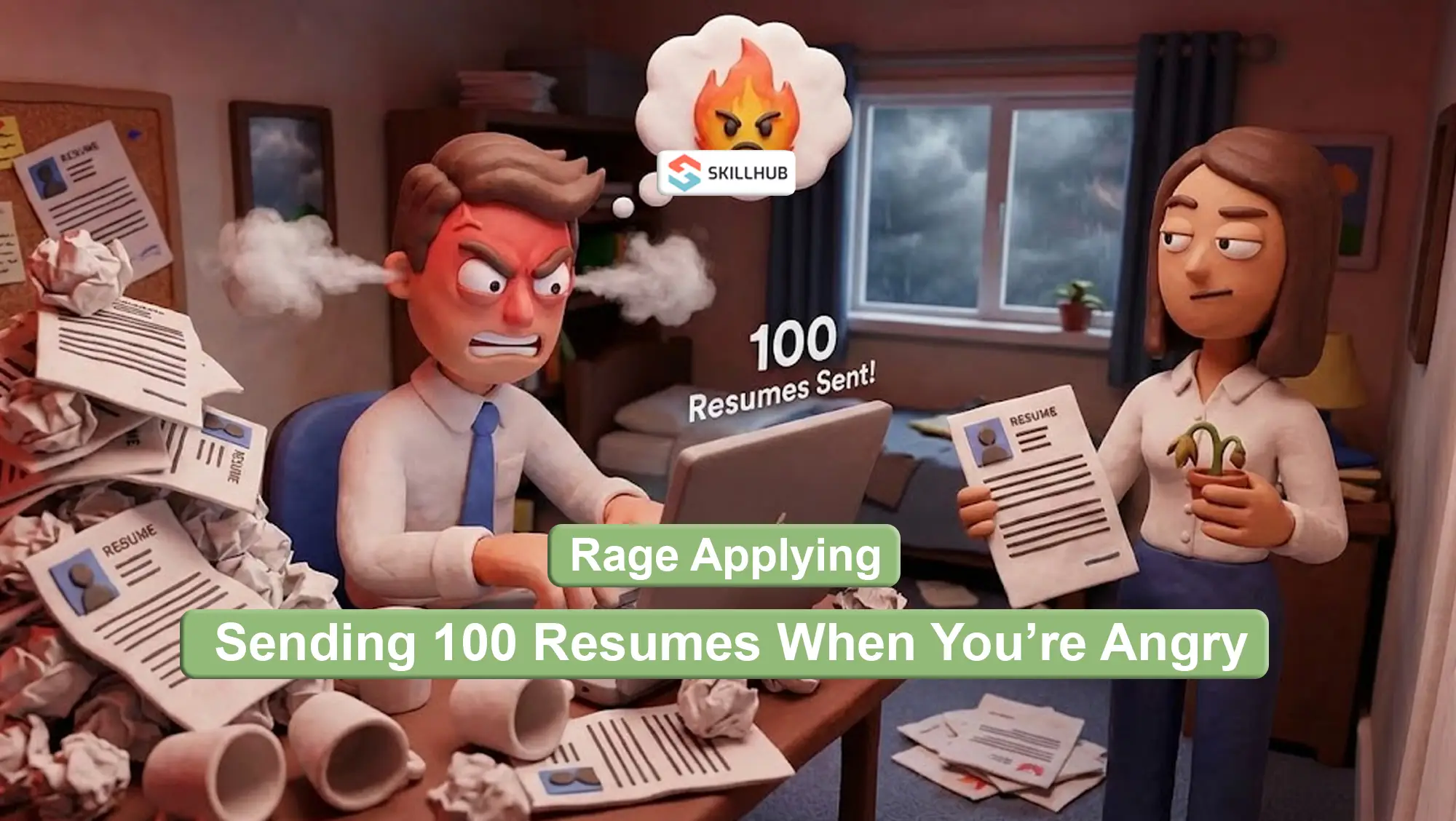A Guide on How to Write a Military Resume that Wins a Job

Refitting an existing resume to transition to civilian jobs is a common task for retired veterans. Hard as it is, it gets even harder when one must be written from scratch: sharp writing and formatting skills would be most useful here. There seems to be a variety of jobs free for the taking, but many candidates also compete for the same position – often military men themselves.
How do you beat the competition and attract the recruiters’ attention to land a dream job faster? How to write military resume and how not to do it? We are just about breaking down these questions.
Military Resume Writing: Key Takeaways
Military job resumes naturally differ from military-to-civilian ones, and respective changes must be applied.
- Don’t use military codes and slang unless you are 100% sure a recruiter will understand them. The exception to this rule is writing an ATS-resistant resume;
- Reinforce general skill descriptions with facts: numbers, certificates, licenses;
- Going too far in describing your combat experience might scare off recruiters. So instead, translate your skills and experience into a ‘civil’ language and select only the relevant ones for a particular job.
Use Professional Help If Necessary
Here, we mean resume writing agencies as third parties that help job seekers find a job. Some military resume writing services use a personalized approach and help veterans and ex-military men find an employer. In addition, more than one template builder is freely available online, making it so easy to build your resume in a reasonable time.
However, if you still want to write one from scratch, the basic principles below will come in handy.
Decide Upon the Formatting Before Commencing
Set up the preferred writing software so that you like fonts, line spacing, font sizes, checklist-style, and other formatting elements. Is it better to do it beforehand because post-writing formatting will take more time. Besides, it increases the chance of messing up the document and breaking its coherence.
If the parts that are meant to have the same format are different and first-line indents jump back and forth, the document's aesthetic integrity will surely be lost. As a result, recruiters might treat such a resume (and the person behind it) with bias or set it aside without giving it a second look.
Skill-Based or Experience-Based Structure?
There is no difficulty finding a military resume service online. Nonetheless, learn the basics of resume writing to understand whether the work of the writer you hire showcases quality.
- The skill-based (also, functional) structure focuses on skills acquired throughout your career. Good if you consider yourself a generalist or switch workplaces every couple of months or so; or if there are no workplaces to boast about in the first place.
- The experience-based (also, chronological) focuses on listing workplaces and respective responsibilities consecutively. Good if you stayed on your jobs for years and all of them align with your career.
- A hybrid structure might appear as the best of two worlds but can quickly go out of hand and ultimately make a bad impression on the employer.
Military Resume Sample Step-by-Step Breakdown
If you are looking for how to write a military resume, here are some ideas and a structure sample to make a nice and clean one-page document that includes all the details.
Contact Information
The contacts are always conveniently located at the top of the first page and are easy to spot. Recruiters should not spend more than half a second looking for them.
Check an example of the Contact Information section below.
Name: John Smith
Phone number: +1 123 456 7890
Email address: johnsmith@example.com
LinkedIn: optional
Summary or Objective
Objective or Summary is an introduction to your resume and makes it less formal and fact-based. If your resume has no catchy heading, pay attention to this section. First, make it brief and memorable. Then, get right to the point: mention your qualifications and job conditions that are critically important to you.
Objective Example
Looking for security- and management-related positions that would entail the application of my hard skills gained through military service.
Summary Example
An ex-US military sergeant with staff management, supply accounting, and vehicle maintenance skills, looking to re-specialize in a civil job.
Skills
This is a place to list your professional skills. It is uncommon for military resumes to contain the Soft Skills Section but since their importance has been rising for the past years, consider including them if you don’t use a premade template. While hard skills are directly related to your profession, soft skills give a better understanding of your habits and character traits.
Skills/Certifications Example
Certifications
- Weapons Certification;
- Driver’s License Class D;
- First Aid Certification.
Hard Skills
- Office software suite;
- Accounting, distribution, and handling of supplies;
- Vehicle navigation and maintenance;
- Varied mechanics-related skills.
Soft Skills
- Confident leader;
- Efficient planner;
- Physically durable;
- Compassionate.
Experience
To reiterate, one can use military codes and abbreviations (e.g., 1SG instead of First Sergeant) only paired with full terms unless perfectly sure that a resume reader will understand them. Making it digestible for a civilian recruiter is even better. For example, ‘managing a team’ instead of ‘commanding a unit.’
Experience Example
Infantry, First Sergeant
US Army National Guard
July 2021 - September 2021
- Managed a team of 20 people: planning, coordination, supervision;
- Provided education and mentoring in crisis situations;
- Overlooked the distribution of volunteering aid.
Now it looks like a resume author is a capable leader. Make sure to list other relevant skills rephrasing them so that it corresponds to a job description.
Education
Education is a must-have section to underline relevant experience for a given career if your previous positions lack it. For example, your new civilian job might not require combat experience, but there is certainly something in your Bachelor’s or College degree that will be relevant for most jobs.
Even a high school diploma counts. For example, those aiming for an engineering or security job at nuclear facilities will be absolutely right to include the qualifications listed in the example below.
Education Example
Navy Nuclear Power School
2018
- Thermodynamics;
- Electrical Engineering;
- Material Sciences;
- Reactor Dynamics and Nuclear Plant Operations;
- Math.
References
The contacts of the previous employers (or seniors) who can vouch for you go here. Important: first, call them to make sure they don’t mind listing their contact information and are ready to give positive feedback about your performance.
Other Sections
Other Sections include Volunteering, Languages, Interests, Side Projects, and others.
As relatively the least important for a given position, this section goes last. However, it holds an opportunity to show that you will have no trouble blending in with a team, sharing their company culture and values, and possibly transitioning to another position. Also, a great place to establish a relation between soft skills and their implementation.
Other Sections Example
Other Sections
Languages
- Spanish language - DELE certification;
- German language - A2 level.
Note that we use bullet points whenever possible.
Moderately Use Abbreviations as Keywords, If Relevant
Remember how we suggested making a military resume intelligible for a recruiter in the first place so that they can see your value? There is a ‘but’: large companies that can afford to automate resume processing and might implement applicant tracking systems (ATS), which look for specific keywords in resumes and decide whether you’re a great candidate.
How do you know which keywords the employers want? Again, the hints are in the vacancy descriptions: an ATS bot might look for the listed certificates, licenses, and skills.
Final Thoughts
Transitioning from a military job to a civilian one or searching for another military job might be daunting. However, things get easier if you have a guide to follow. Focus on structure, use a language that a reader understands, and be honest in your Skills and Experience section.
We hope the article was helpful to you. Good luck!
%20(1).png)



%20(1).webp)